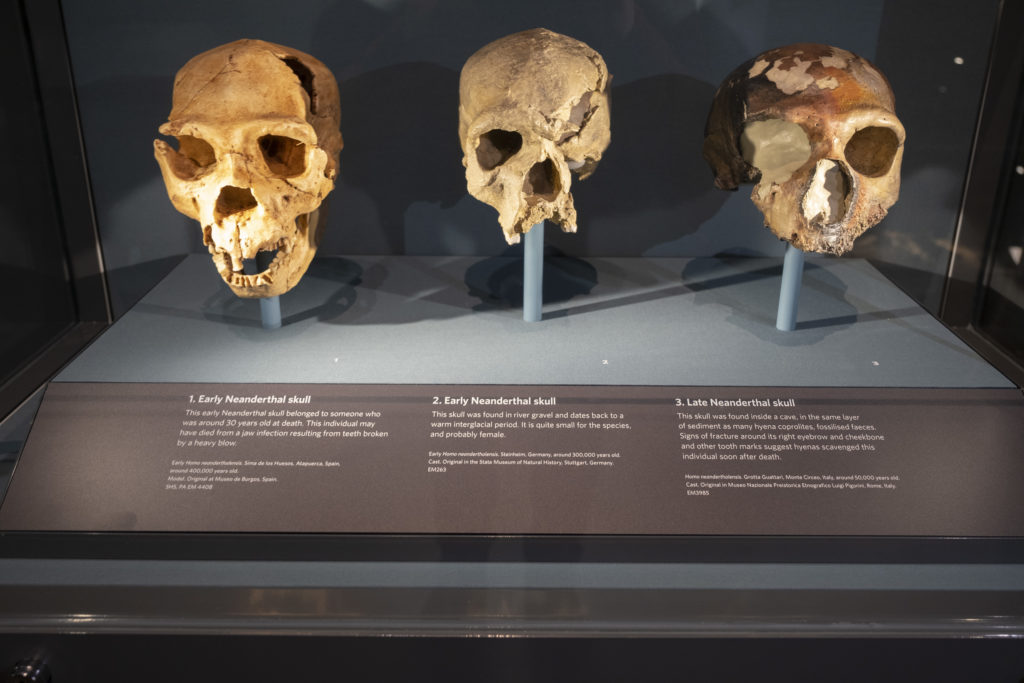The question of human origins has always been a fascinating topic for scientists and researchers. With every new discovery, more questions arise, and the recent genetic study of two 120,000-year-old bone samples of human ancestors is no exception. The study, conducted by researchers at the Max Planck Institute in Leipzig, Germany, sheds new light on the evolution of modern humans and their relationship with Neanderthals.
The study confirms that modern humans originated in Africa, but it also reveals that the Neanderthals, who also came from Africa, have their roots in the Homo erectus, who left the continent much earlier and spread throughout Europe and Asia. The researchers found that the Neanderthal DNA has been continuously passed down for around 80,000 years, contrary to what was previously believed about the turbulent evolution of modern humans.
The two bone samples, which were found in Germany and Belgium, showed remarkable similarities to Neanderthals that lived in the same region 80,000 years later. However, when compared to bone samples from Siberia, the similarities were less pronounced. This finding suggests that the European Neanderthals may have come into contact with a larger population from Africa, possibly including Homo sapiens sapiens.
The study raises new questions and potential hypotheses about the evolution of modern humans and their relationship with Neanderthals. It is possible that the European Neanderthals may have come into contact with a larger population from Africa, possibly including Homo sapiens sapiens. Alternatively, the other contact group may have been another, as yet undiscovered, Neanderthal group. The study highlights the complexity of human evolution and the need for further research to fully understand our origins.










